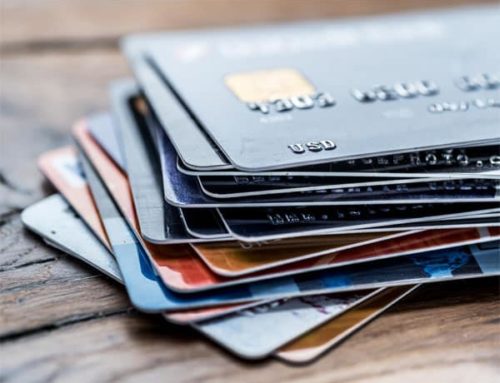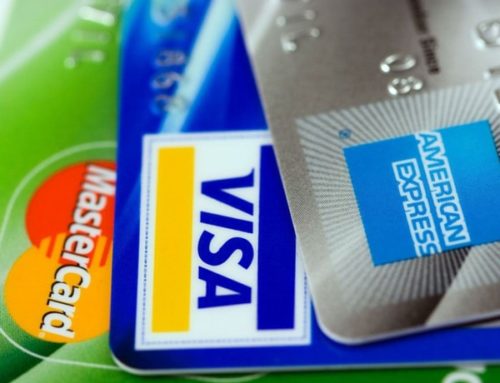
Your bank does not want you to fight fraudulent charges on your account.
You should dispute a credit card charge in a few instances: 1. If you paid for something and did not receive it; 2. If fraudulent charges appear on your credit card; or 3. If you ordered something and received something else. No matter what the basis is for your dispute, you must make that dispute, in writing, to your bank within 60 days after it first appears on your credit card statement. When you dispute a credit card charge, the bank must give me a provisional credit on your account. Then, it must investigate the dispute. The burden in on the bank to show that your dispute is NOT valid. It may ask you for documentation proving your dispute. While its hard to prove a negative, you should still cooperate with the bank as best as you can by providing emails, letters and any correspondence you have with the merchant.
Don’t be surprised that even after you have supplied all of your well founded documentation showing that you paid for the goods or services and did not receive them, that the credit card company declines your dispute. Yep, this happens a lot. Why? Because sometimes the credit card company, by law, has to eat the loss. No one likes to do that.
If you have a valid credit card dispute, do not back down from the bank.
Under the law, it has to conduct a reasonable reinvestigation into your dispute. This means that it must commuincate with both you and the offending merchant. Sometimes, the merchant will respond and other times, it may not and yet the credit card company may still decline your dispute. If your dispute has been denied by your bank, ask it for all documentation that it received in its investigation to show that you received the goods. You should know that the onus is on it to prove that you ordered the goods and services and that you received them. Sometime, at this phase, the bank may back down and credit your account, but don’t count on it. Again, it may have to eat the loss and banks are loathe to eat losses.
Do NOT be pushed back by the bank’s Chip Card Defense.
Most credit card today have chips built into them which makes them almost unreproducible. This is pretty sophisticated technology. By using the chip in your card when you purchase something at a brick and morter store, the credit card company knows that the physical card was given to you, was actually used in the transaction. Back in the early 1990s, prior to the chip technology being used, credit cards could be cloned pretty easily. Someone could scan your credit information without you even knowing about it and make a copy of your card and use it everywhere. Not so anymore with chips.
Citibank uses the chips in their cards. Several consumers have come to us complaining that their Citibank accounts were debited for thousands of dollars in goods that they did not purchase. Citibank has rebuffed these challenges by stating that a chip card was used and declined our clients’ timely posited credit card disputes. Citibank seems to forget that when it comes to online purchases such as from Microsoft, Doordash and thousands of other merchants, their chip technology does not mean a thing. Goods and services, including delicious sandwiches can all be purchased with credit card information with no chip being involved.
Even when it appears that a chipped credit card has been used, you should still stand your ground. Many times, after a lawsuit is filed or an arbitration is demanded, the bank may reconsider the cost of litigation against the cost of simply crediting your account for the fraudulent charges. Often times, it will be cheaper for the bank to bank down than fight.
Here is what you should take away from this post.
If you have a credit card dispute:
- Be sure to timely send that dispute to your credit card company within 60 days of when the fraudulent charge hits your credit card account;
- Be sure that your dispute is in writing either by U.S. Mail or better yet by email;
- Be certain to get an acknowledgment of your dispute from bank.
- Do not take “No” for an answer from the credit card company. Otherwise, you will have to pay that fraudulent charge or have your credit score tank for several years.
- Call us at Credit Repair Lawyers of America and we can help you at no out of pocket charge at (404) 528-2058 since the credit card company has to pay our fees and costs in any successful action. You can also email us for more information at [email protected].
Call us today. We can help you at no out of pocket charge
If you have bogus items on your credit card statements, call us at Credit Repair Lawyers of America and we will help you through this process at no out of pocket charge to you. We will write the dispute letter for you so that if the bank does not remove the charge, we will be in a good position to sue the bank and possibly the merchant and get your credit card account corrected, your credit report corrected and all of it will cost you nothing out of pocket.
Call or email me, Attorney Gary Nitzkin at [email protected] or call me at (404) 528-2058 for a free, no obligation consultation. We are here to help you.


